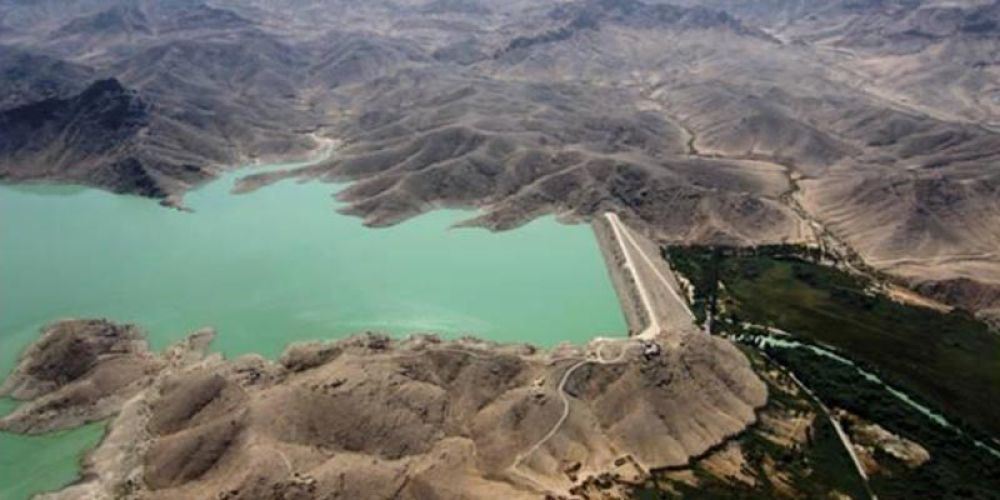

Tourism at Dahla Dam in Kandahar, one of Afghanistan's largest dams, has been historically linked to the natural beauty and the economic importance of the reservoir. The dam itself, originally built in the 1950s with the assistance of the United States, was primarily an agricultural project intended to provide irrigation for the arid regions of Kandahar.
The initial lure for tourists to Dahla Dam was the picturesque setting and the recreational possibilities offered by the reservoir. Visitors in the early days would enjoy picnics, boat rides, and the serene landscape far from the bustling city life.
Tourism at Dahla Dam has faced numerous difficulties over the years, primarily due to political and military conflicts in the region. During times of relative stability, domestic tourists would visit the dam, but international tourism has always been quite limited. The Soviet-Afghan war, followed by civil wars and the presence of Taliban forces in the region, made Kandahar a challenging destination for tourism.
In recent years, there have been efforts to rehabilitate Dahla Dam to boost its irrigation capacity and potential as a tourist attraction. While security in Afghanistan remains volatile, the interest in re-establishing the country's tourism sector persists. The breathtaking landscapes and historical significance of Kandahar have the potential to attract tourists interested in cultural heritage and natural beauty.
Adventure and Eco-Tourism: Globally, trends have shifted towards adventure and eco-tourism, with travelers seeking experiences that offer both thrills and sustainability. However, the current situation in Afghanistan makes it difficult for such trends to take root at Dahla Dam, despite the site’s potential.
Cultural and Historical Tourism: There's also a global interest in cultural and historical tourism, with Dahla Dam's unique position in Kandahar's landscape making it a noteworthy site for those interested in the region's past. However, travel advisories and safety concerns drastically limit this segment.
Domestic Tourism: Although international tourism faces numerous challenges, domestic tourism has at times thrived when conditions allowed. Locals have traditionally frequented the dam for family outings and recreational activities.
The long-term vision for tourism at Dahla Dam would ideally include the restoration of security and stability in the region, allowing for the preservation and promotion of this natural asset. Investments in infrastructure and services are critical to make Dahla Dam more accessible and enticing for tourists. However, the complex socio-political environment of Afghanistan makes it uncertain when and if these developments will fully materialize.
For the moment, tourism at Dahla Dam remains largely untapped, with the future of this sector dependent on broader national developments and the establishment of peace in the region.